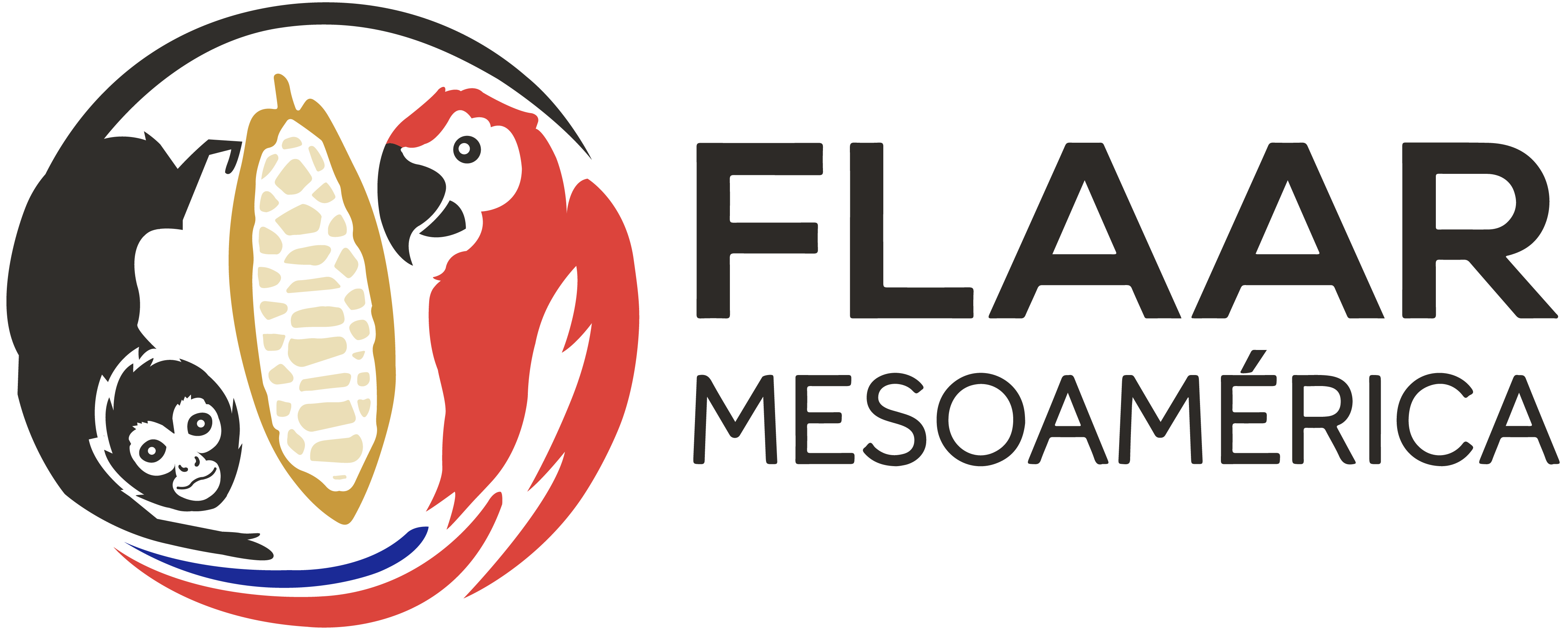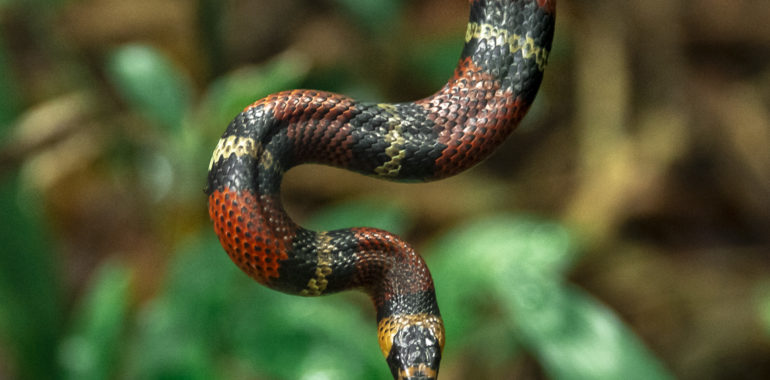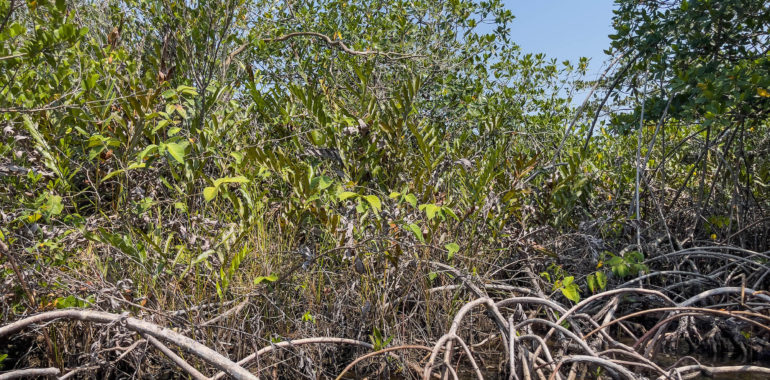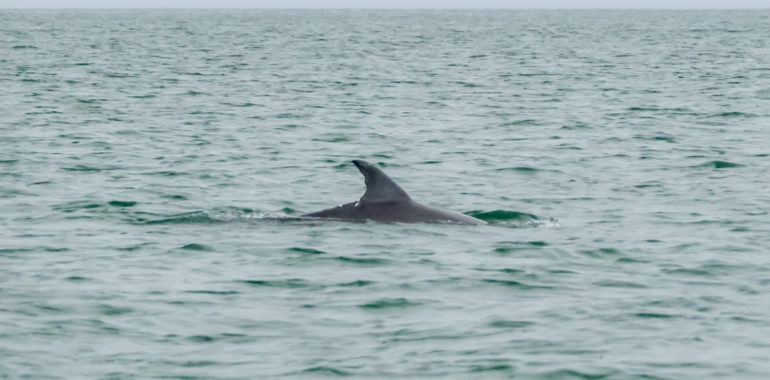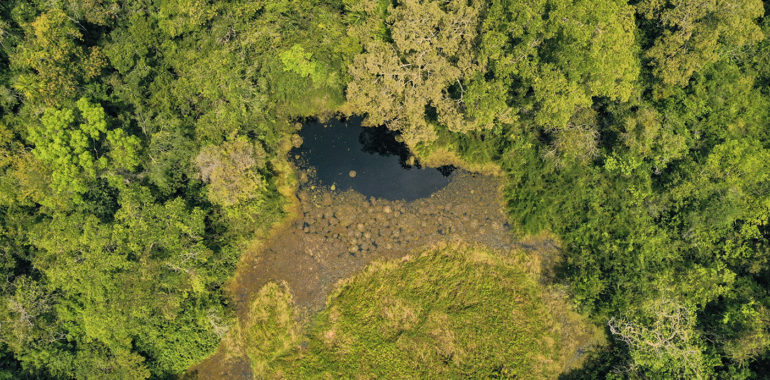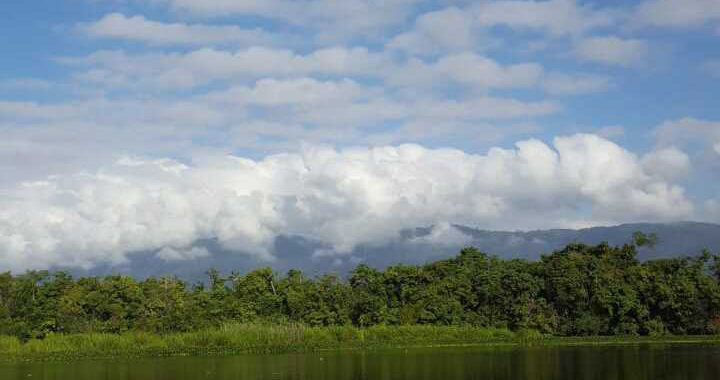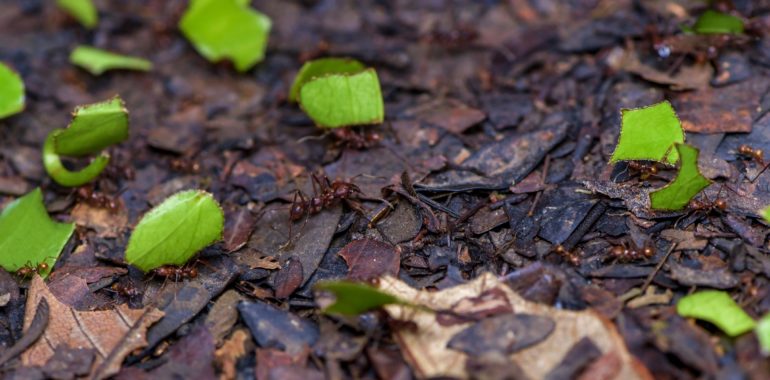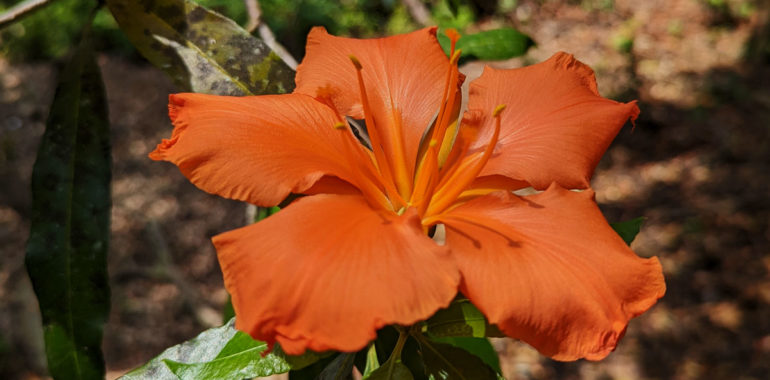Tonight the presentation will mention the jaguar hide and feather headdress found in Tikal Burial 196, so includes ethnozoology (obviously the feathers were just dust imprint but segments of leather of the jaguar were still preserved, and the claws). For botany mentions cacao or other beans found inside one of the ceramic vases. Plus the…
Snakes from the lowlands of northern Guatemala
Snakes are a group of reptiles belonging to the order Squamata, including lizards. Guatemala has more than 273 species of reptiles. Of which 133 species are snakes. The lowlands of northern Guatemala is the area with the most species with around 73 species, being more than half of the species present in the country. In…
Importance of Mangroves
Mangroves are a type of forest located in coastal areas of tropical and subtropical regions. Their characteristics allow them to be highly productive. They provide ecosystem services such as: Refuge and habitat of wild flora and fauna (rich biodiversity) Food source and supply of nutrients to other species (fish, crustaceans, birds, reptiles, etc.) Carbon capture…
The Wonders of Cetaceans
Cetaceans are divided into two groups: Mysticeti (Mysticeti), which have baleen to filter their food, like the humpback whale and the blue whale; and the Odontocetes (Odontoceti), known as the toothed cetaceans, among them are the dolphins, killer whales and sperm whales. Characteristics and adaptations of cetaceans Cetaceans evolved fifty million years ago from…
New ecosystems documented
We are currently working on our Biodiversity Documentation Project in the Reserva de Biósfera Maya, Petén, Guatemala in cooperation with the National Council of Protected Areas (CONAP, its acronym in Spanish). The project started in 2021 and will end in 2025. On each expedition, we found species of our interest, but what really surprised us…
National Day of the Agronomist, Forestry and Environmental Engineer in Guatemala
In a country like Guatemala, where the base of the economy has always been agriculture, the work of agricultural, environmental, agro-industrial, and forestry engineers is of great importance for the development, sustainable management of resources, and conservation of biodiversity. On June 14, 1950, the Faculty of Agronomy of Universidad San Carlos de Guatemala was officially…
Refugio de Vida Silvestre Bocas del Polochic: An important wetland of Guatemala
Bocas del Polochic, located in El Estor, Izabal, is one of the most important wetlands in Guatemala. It is formed by the mouth of the Polochic River, with forests, which serve as a biological corridor for species that share ecosystems between Sierra de las Minas and El Estor; and rivers, such as the Polochic river,…
What are the so called in Guatemala “zompopos de Mayo”?
The well-known zompopo de mayo in Guatemala is an ant species that belongs to the leafcutter and fungi cultivator ant group in the Atta genus. In that sense, these are the ants that can be frequently seen forming rows and carrying leaf trimmings. The colonies of these ants are conformed by worker ants of different…
Introduction to Mammals and the 5 Felines of Guatemala
Do you want to know more about the mammals and the five felines of Guatemala? These conferences are what you were looking for. Sign up here to receive the ZOOM link: Sign up We are waiting for you on Wednesday May 25th and Thursday May 26th via Facebook Live or ZOOM at 6:00 pm (Guatemala…
We found a passionflower tree! Its name is Flor de Mayo (Erblichia odorata)
On our expedition on April 7, 2022, in Aldea El Rosario, Livingston, Izabal, we were able to photograph this incredible passionflower tree, commonly called Flor de Mayo. Something unusual since passionflowers usually grows like a vine. This tree is incredible for the color of its flowers, very strong orange. When you see it, you feel…
